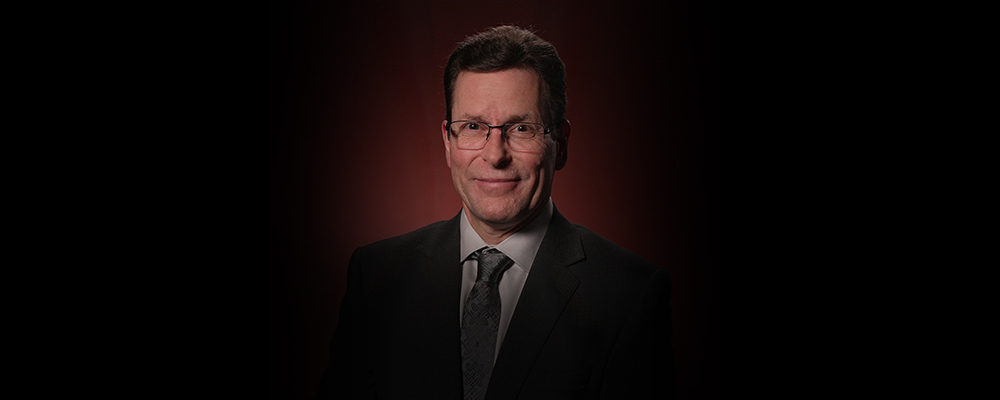Across KP Northern California, the TeleCritical Care program spearheaded by Gregory Marelich, MD, now provides patients in the intensive care unit (ICU) and their nurses with access to a TPMG “teleintensivist” during the critical nighttime hours.
“We utilize telepresence and remote monitoring systems to deliver rapid, early interventions for our intensive care unit patients,” says Dr. Marelich, regional medical director of TeleCritical Care. “We have demonstrated reductions in mortality as well as in ICU and hospital length of stay in facilities that have TeleCritical Care.”
Operating at three regional hubs from 8 p.m. to 8 a.m., 73 intensivists and 12 nurses provide coverage to more than 330 ICU beds nightly. If a nurse is concerned about an ICU patient, they contact the TeleCritical Care hub, consult with an ICU nurse, and may be transferred to a physician for remote evaluation of the patient.
“Physicians are taking over 100 calls a night, so there’s a clear need for this kind of coverage,” says Stephen Parodi, MD, TPMG associate executive director.
“They’re taking the full spectrum of care, from a code blue to simple electrolyte abnormalities. Everything is covered by this team.”
During its pilot phase, the TeleCritical Care program reduced the length of hospital stays by 28.5 hours and ICU stays by 14 hours. Extrapolated across KP Northern California, that would save more than 16,000 days of hospital stays annually.
“The hospitalists are over the moon about this program,” says Vivian Reyes, MD, TPMG regional director of strategic hospital initiatives. “They enjoy the benefit of having a critical care specialist to provide advice or guidance on managing critical care patients.”
Dr. Marelich was compelled to take on this work because he thought it was “going to be the best thing I ever did for TPMG and KP. The time spent at night working, the extra time taking care of this program during COVID when I was otherwise clinically overwhelmed — it’s all paid off.”
